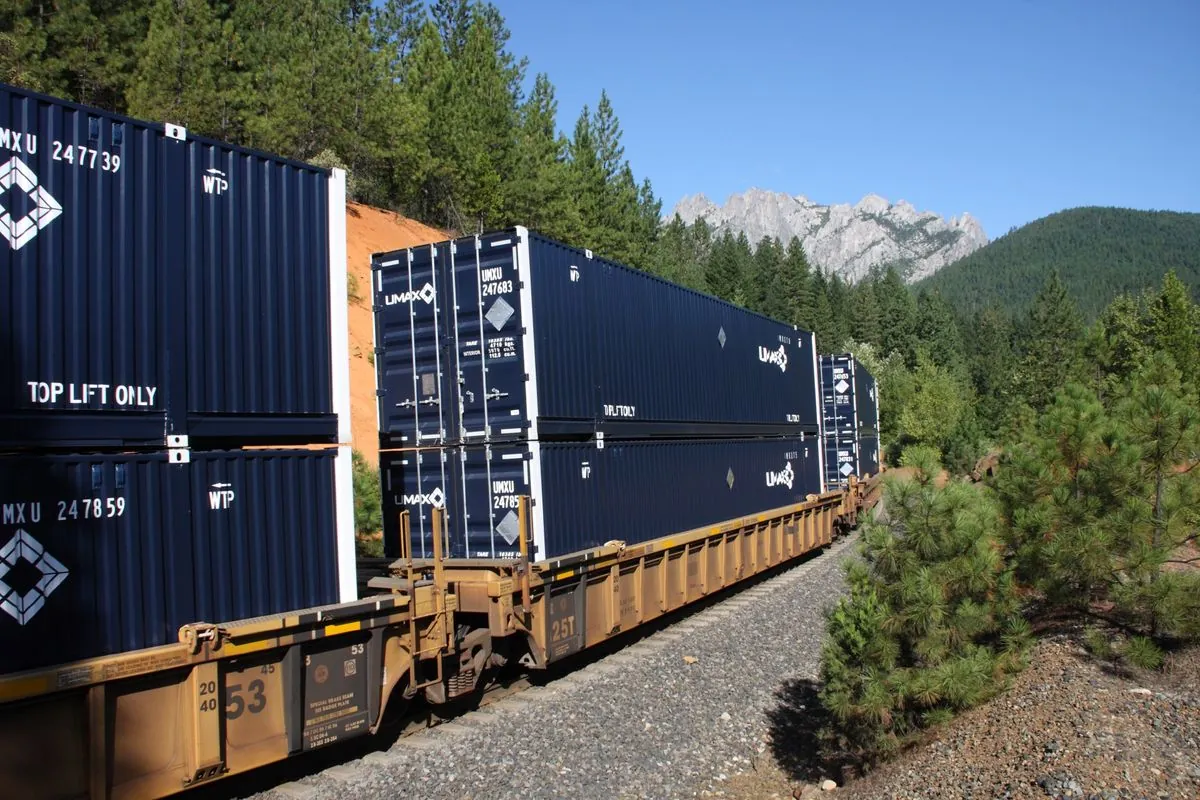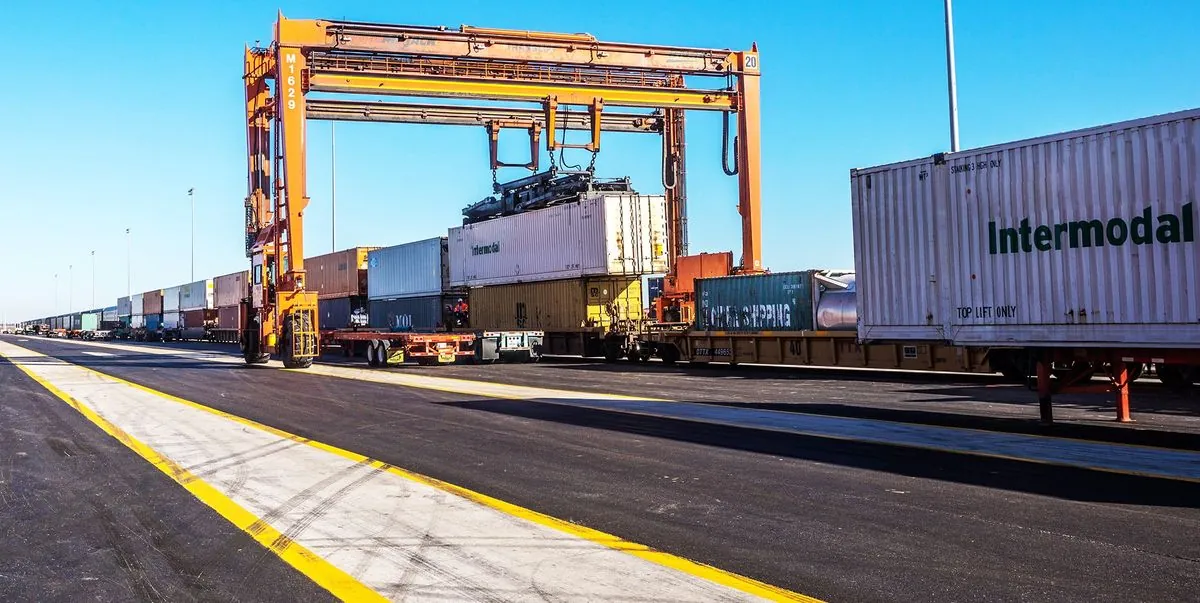Norfolk Southern Halts Intermodal Operations with Canadian National Amid Strike Threat
Norfolk Southern closes intermodal ingates to Canadian National Railway as potential strike looms. Union negotiations continue, impacting North American rail operations and supply chains.

In a significant development for North American rail operations, Norfolk Southern has announced the immediate closure of all intermodal facility ingates to Canadian National Railway. This decision comes in response to an embargo imposed by the Canadian railroad on its intermodal shipments, effective August 16, 2024.
The embargo coincides with ongoing labor negotiations between Canadian National and the Teamsters Canada Rail Conference Union. The union has threatened a potential strike that could commence as early as August 22, 2024, prompting Canadian National to initiate a progressive shutdown of its network.
Intermodal transportation, which involves the use of standardized containers for seamless transfer between different modes of transport, plays a crucial role in the North American freight system. Canadian National Railway, the largest railway in Canada by revenue and track length, operates a vast network that is vital for international trade, particularly between Canada and the United States.

The current situation highlights the complex interplay between labor relations and operational efficiency in the rail industry. The Teamsters Canada Rail Conference, representing over 16,000 workers in the sector, is demanding improved wages, benefits, and working conditions. Key issues include provisions for fatigue management and enhanced crew scheduling, both critical factors in ensuring rail safety.
"Our members' safety and well-being are non-negotiable. We are committed to achieving fair working conditions that address the unique challenges of the rail industry."
The impact of this dispute extends beyond Canadian National, as the union has also targeted Canadian Pacific Kansas City with similar demands. This broader labor action underscores the interconnected nature of North American rail networks and the potential for widespread disruptions in supply chains.
As negotiations continue, the industry faces the challenge of balancing operational needs with worker concerns. The outcome of these talks could have far-reaching implications for rail transportation across the continent, affecting various industries that rely on efficient freight movement.
The situation serves as a reminder of the critical role that rail transportation plays in the North American economy. As one of the most environmentally friendly modes of freight transport, railways are essential for sustainable logistics. However, the current dispute highlights the ongoing challenges in maintaining a balance between operational efficiency, worker rights, and safety standards in this vital industry.


































